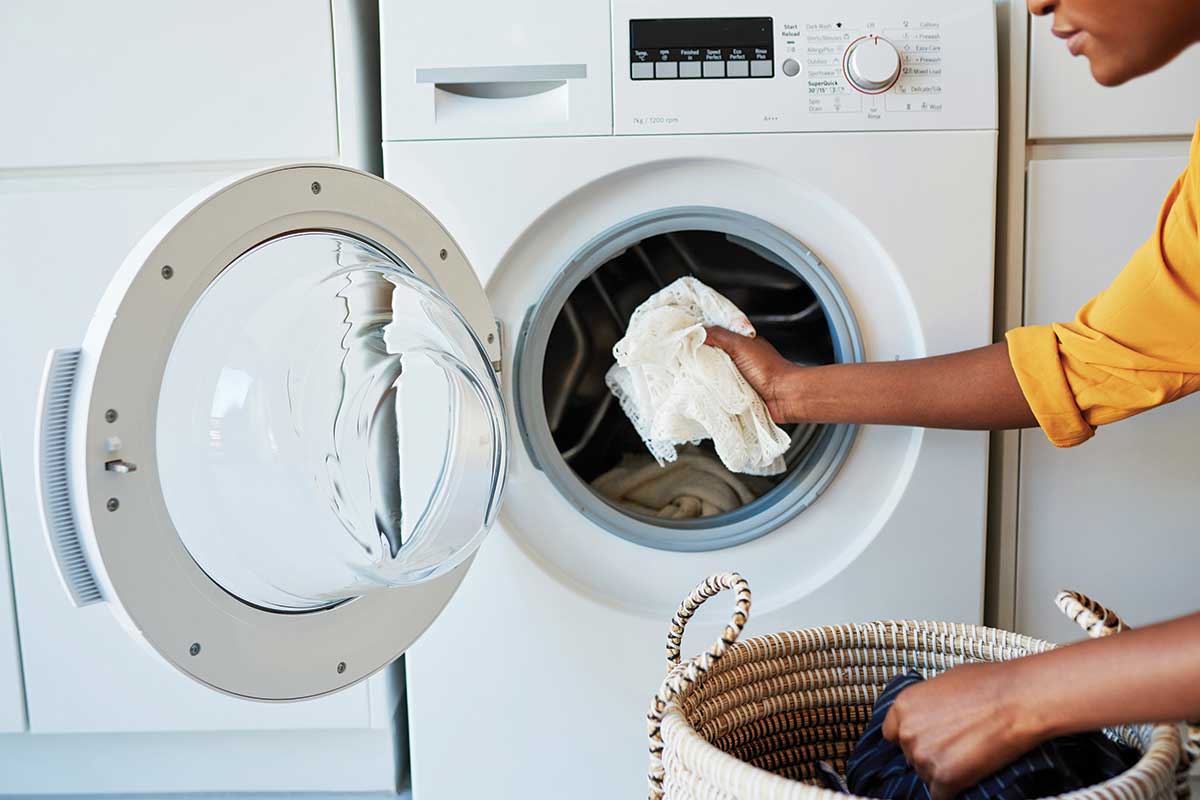Investing in energy efficiency may sound like it requires a lot of effort, time and money, but it doesn’t have to. While there are certainly high-impact and high-cost measures, you can also take smaller steps to make your home more energy efficient, help you save money and live a more comfortable life.
Here are some simple measures you can take to conduct your own home energy audit.
Shut off your electronics, appliances and lights when they are not being used. Some electronics, such as TVs and smartphone chargers, can draw power even when turned off—what’s known as phantom loads. To prevent these devices from wasting electricity, consider completely unplugging them or shutting off the power strips they’re connected to.
Swap out incandescent bulbs with LEDs to use 75% less lighting energy. The features to pay most attention to with LEDs are lumens (how bright the bulb is) and color temperature (how warm or cool the light is). For example, a 10-watt LED can emit the same light as a 60-watt incandescent.
Replace air filters. A clean filter allows your heating system to run more efficiently and keeps the air in your home cleaner. Most air filters should be changed every one to three months, but during heavy use, changing monthly is a good idea.
Set your thermostat to auto and keep an eye on the temperature to ensure the heater is running only when it’s supposed to. Try to set your thermostat to the coolest comfortable temperature in the winter and the warmest comfortable temperature in the summer. In the winter shoot for 68 degrees and in the summer 78.
Have your ductwork checked for leaks because leaks at the return, air handler and supply can be a major source of high bills. In mobile homes, check at the grille, crossover duct and down flow air handler.
Wash only full loads of clothes and dishes, and use cold water when possible. When dishwashing, try air drying instead of heat drying.
Invest in low-flow showerheads and faucets that use less water and can save money and energy by reducing demand on your water heater. Look for one with the WaterSense label, which indicates that the product meets criteria set by the U.S. Environmental Protection Agency to reduce energy use without compromising performance.
Look for appliances with the Energy Star label. This designation means the appliance has undergone testing to ensure it performs as expected and reduces energy consumption.


